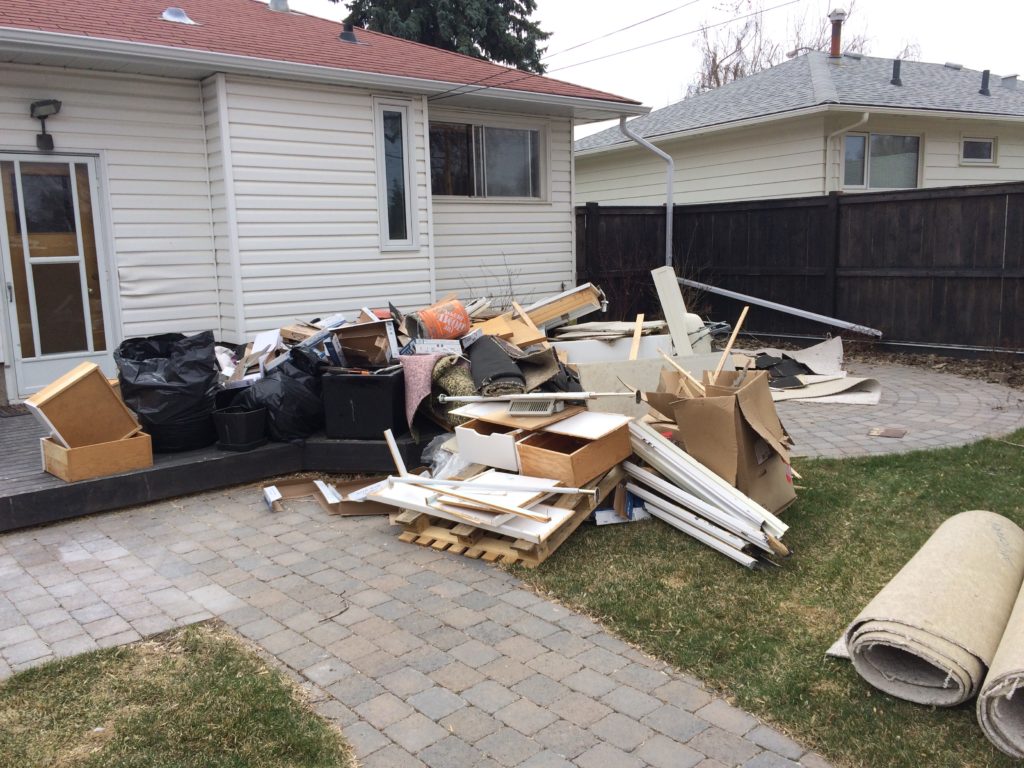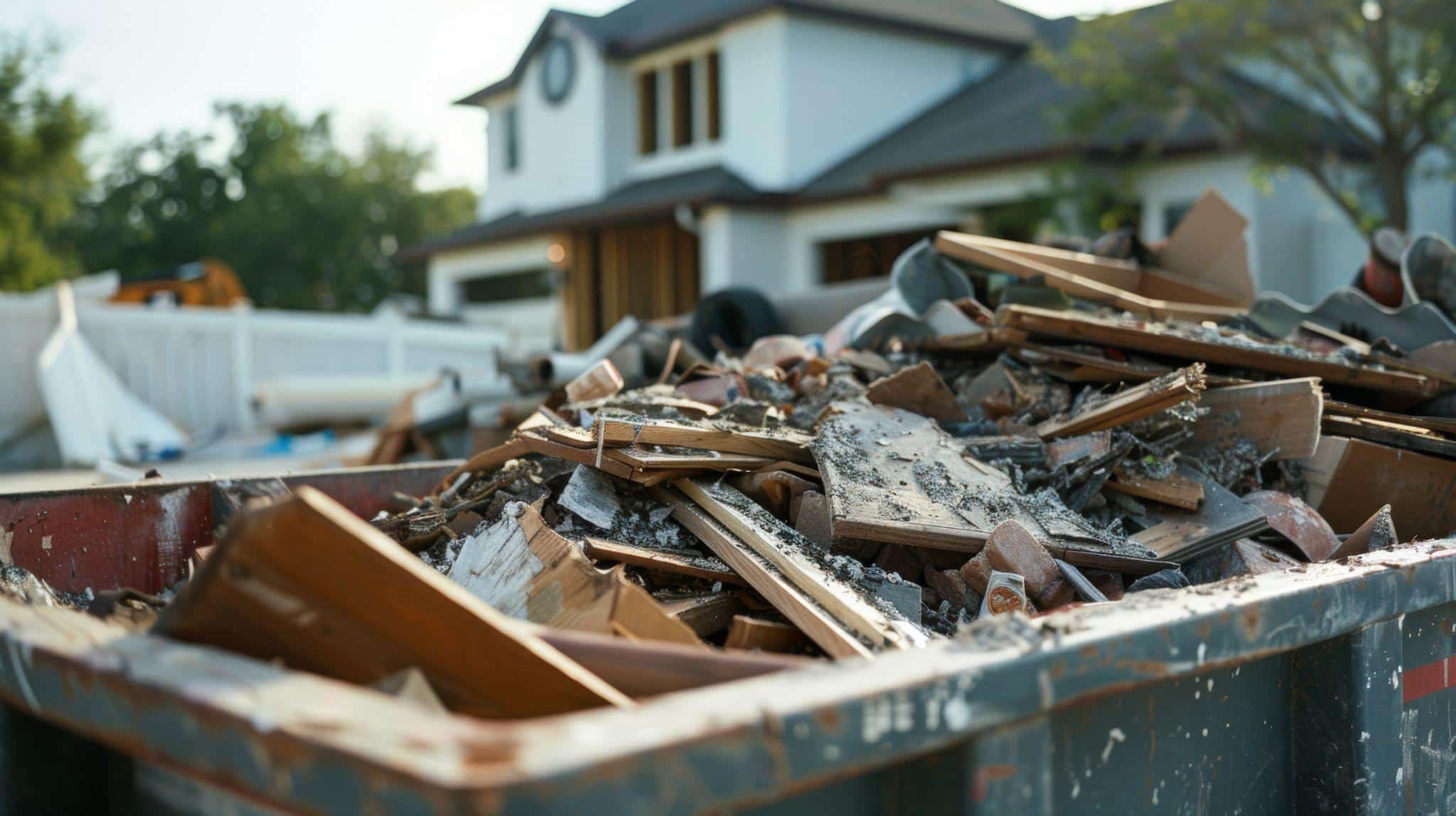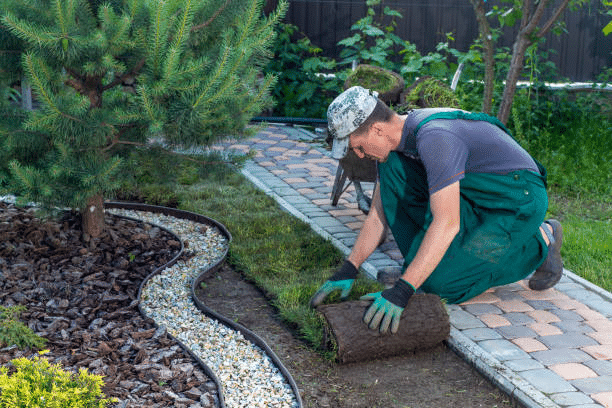Sustainably Managing Waste for Home Renovations
Home renovations can breathe new life into your living space, but they often come with a significant amount of waste. From old furniture and fixtures to construction debris, managing this waste responsibly is crucial for both the environment and your peace of mind.
Here’s a simple, easy-to-read guide on how to sustainably manage waste during your home renovations.
Plan Ahead

1. Assess Your Project
Before starting any renovation project, take the time to assess the scope and scale of the work. Identify the types of materials you will be removing and the new materials that will be coming in. This will help you understand the potential waste you will generate and plan accordingly.
2. Create a Waste Management Plan
Develop a waste management plan that outlines how you will handle different types of waste. This plan should include strategies for reducing, reusing, recycling, and responsibly disposing of materials.
Reduce Waste
1. Careful Planning and Measuring
One of the best ways to reduce waste is through careful planning and precise measuring. By ensuring that you purchase only the materials you need, you can avoid excess waste. This means taking accurate measurements and buying in bulk only when necessary.
2. Reuse and Repurpose Materials
Before discarding old materials, consider whether they can be reused or repurposed. Old cabinets, doors, and fixtures can often be given a new life with a bit of creativity. Websites like Freecycle and local online marketplaces are great places to give away items that are still in good condition.
Recycle Materials

1. Identify Recyclable Materials
Identify which materials from your renovation can be recycled. Common recyclable materials include metal, glass, plastic, and certain types of wood. Make sure to separate these materials from general waste to ensure they are properly recycled.
2. Use Local Recycling Centers
Research local recycling centers and their policies on accepting construction waste. Some centers may offer special services for large quantities of recyclable materials.
Dispose of Waste Responsibly

1. Use a Skip Hire Service
Skip hire services can be an effective way to manage large volumes of waste. Skips are large containers that can be delivered to your home, filled with waste, and then collected and disposed of by the skip hire company. When choosing a skip hire service, look for companies that prioritize recycling and sustainable waste management practices.
2. Consider Professional Waste Management Services
For particularly large or complex renovation projects, professional waste management services can offer a comprehensive solution. These companies can handle everything from waste collection to sorting and recycling, ensuring that as much material as possible is diverted from landfills.
For instance, Lunnon Waste has a zero-to-landfill policy, emphasizing their commitment to sustainable waste management practices.
Sustainable Disposal Methods

1. Donate Unwanted Items
Many items that you might consider waste could be valuable to someone else. Consider donating unwanted items such as furniture, appliances, and fixtures to local charities or thrift stores. This not only reduces waste but also supports your community.
2. Compost Organic Waste
If your renovation project involves landscaping or garden work, consider composting organic waste. Leaves, branches, and other yard debris can be turned into nutrient-rich compost that can be used to improve your garden soil.
3. Hazardous Waste Disposal
Certain materials, such as paint, batteries, and electronic waste, require special handling. Make sure to dispose of these items at designated hazardous waste disposal sites to prevent environmental contamination.
Eco-Friendly Renovation Practices
1. Choose Sustainable Materials
Opt for sustainable and eco-friendly materials whenever possible. Reclaimed wood, recycled metal, and low-VOC (volatile organic compounds) paints are just a few examples of materials that can reduce the environmental impact of your renovation.
2. Energy-Efficient Upgrades
Consider incorporating energy-efficient upgrades into your renovation project. Installing energy-efficient windows, insulation, and appliances can reduce your home’s energy consumption and lower your utility bills.
3. Water Conservation
Implement water-saving fixtures and appliances in your renovation. Low-flow toilets, faucets, and showerheads can significantly reduce your water usage, benefiting both the environment and your wallet.
Educate Yourself and Others
1. Stay Informed
Keep yourself informed about sustainable renovation practices and waste management options. There are numerous resources available online, including blogs, forums, and government websites, that provide valuable information and tips.
2. Share Your Knowledge
Share your knowledge and experiences with friends, family, and neighbours. By promoting sustainable practices and responsible waste management, you can help others make more eco-friendly choices in their own renovation projects.
Sustainably managing waste during home renovations is not only good for the environment but also for your community and future generations. By planning ahead, reducing waste, recycling, and choosing eco-friendly materials, you can minimize the environmental impact of your renovation project.
Using services like skip hire and professional waste management can streamline the process and ensure that your waste is handled responsibly. Remember, every small step towards sustainability makes a big difference in the long run.
By following these tips and committing to sustainable practices, you can enjoy your newly renovated home with the satisfaction of knowing you’ve done your part to protect the planet. Happy renovating!







